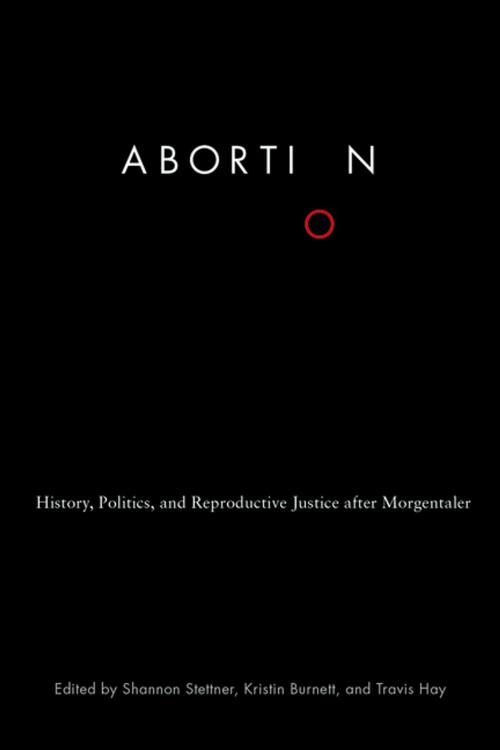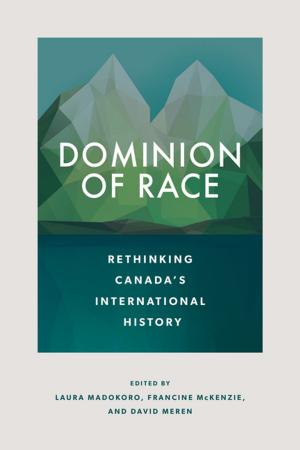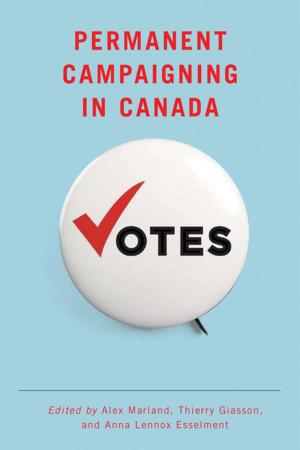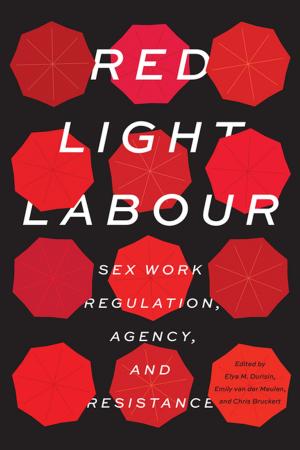Abortion
History, Politics, and Reproductive Justice after Morgentaler
Nonfiction, Reference & Language, Law, Health, Health & Well Being, Medical, Reference, Health Policy, Social & Cultural Studies, Political Science, Government, Public Policy| Author: | Shannon Stettner, Kristin Burnett, Travis Hay | ISBN: | 9780774835763 |
| Publisher: | UBC Press | Publication: | December 1, 2017 |
| Imprint: | UBC Press | Language: | English |
| Author: | Shannon Stettner, Kristin Burnett, Travis Hay |
| ISBN: | 9780774835763 |
| Publisher: | UBC Press |
| Publication: | December 1, 2017 |
| Imprint: | UBC Press |
| Language: | English |
When Henry Morgentaler, Canada’s best-known abortion rights advocate, died in 2013, activists and scholars began to reassess the state of abortion in this country. In Abortion, some of the foremost researchers in Canada challenge current thinking by revealing the discrepancy between what people are experiencing on the ground and what people believe the law to be after the 1988 Morgentaler decision.
Grouped into four themes – History, Experience, Politics, and Reproductive Justice – these essays showcase new theoretical frameworks and approaches from law, history, medicine, women’s studies, and political science as they document the diversity of abortion experiences across the country, from those of Indigenous women in the pre-Morgentaler era to a lack of access in the age of so-called decriminalization.
Together, the contributors make a case for shifting the debate from abortion rights to reproductive justice and caution against focusing on “choice” or medicalization without understanding the broader context of why and when people seek out abortions.
When Henry Morgentaler, Canada’s best-known abortion rights advocate, died in 2013, activists and scholars began to reassess the state of abortion in this country. In Abortion, some of the foremost researchers in Canada challenge current thinking by revealing the discrepancy between what people are experiencing on the ground and what people believe the law to be after the 1988 Morgentaler decision.
Grouped into four themes – History, Experience, Politics, and Reproductive Justice – these essays showcase new theoretical frameworks and approaches from law, history, medicine, women’s studies, and political science as they document the diversity of abortion experiences across the country, from those of Indigenous women in the pre-Morgentaler era to a lack of access in the age of so-called decriminalization.
Together, the contributors make a case for shifting the debate from abortion rights to reproductive justice and caution against focusing on “choice” or medicalization without understanding the broader context of why and when people seek out abortions.















